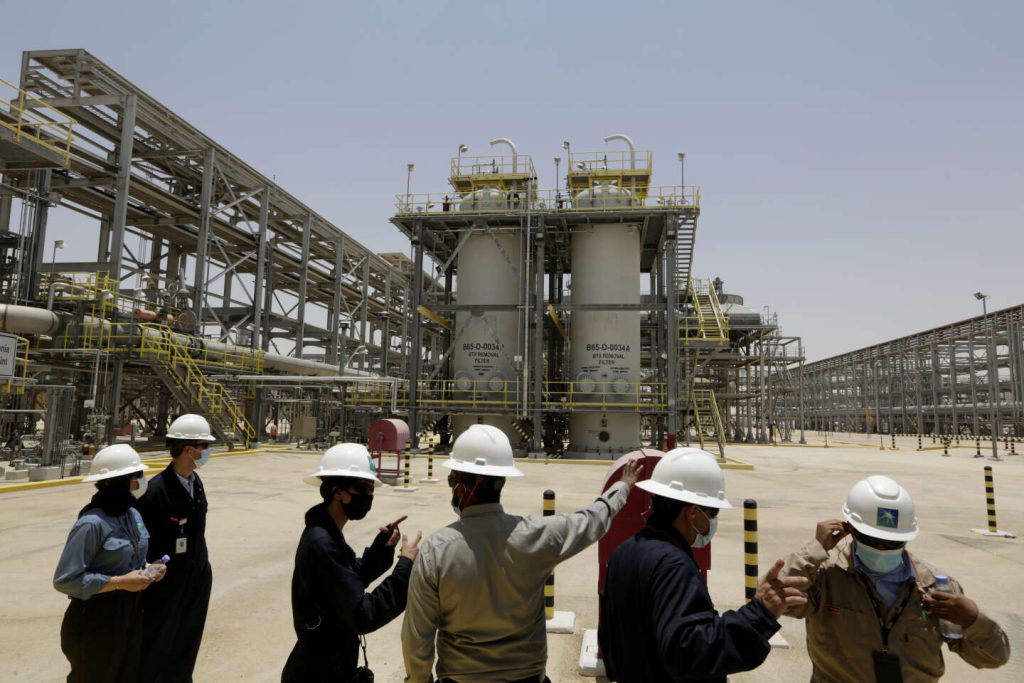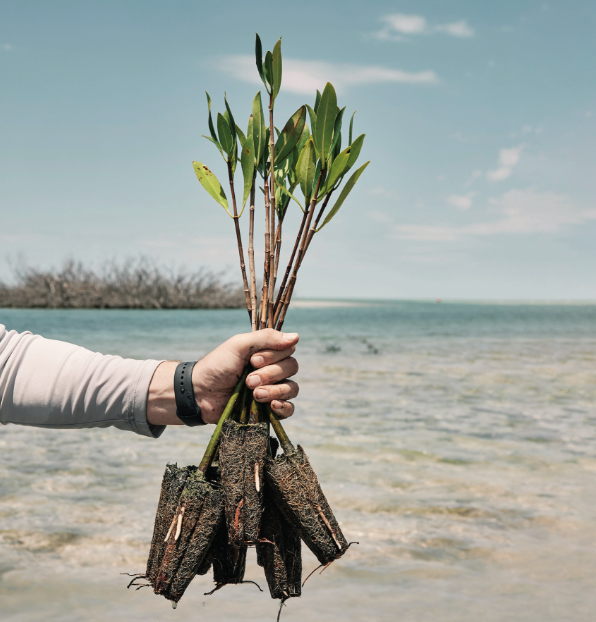Saudi Arabia: Top Oil Producer, High Hydrocarbon Dependence
Saudi Arabia, known for its significant holdings of oil reserves, is now endeavoring to embrace clean energy and combat global warming, according to an article from Le Monde. The kingdom, which launched its modernization project with the “Vision 2030” plan in 2016, is aiming to diversify its economy, transition to clean energy, and prioritize environmental concerns. However, it intends to achieve these goals without reducing its hydrocarbon production, which has drawn criticism from climate experts. Despite this skepticism, Saudi Arabia has taken steps towards environmental protection, including joining the climate protection cause with its “Saudi Green Initiative.”
Instead of focusing on “producing less” hydrocarbon, Saudi Arabia is advocating for “producing cleaner.” The country recognizes the urgency of addressing climate change, particularly due to its vulnerability to the impacts of climate disruption. Energy expert Manal Shehabi highlights that energy transitions in Arab states are primarily driven by economic motivations. Saudi Arabia anticipates a future decline in global demand for hydrocarbons and aims to safeguard its hydrocarbon exports while generating new export revenues for socioeconomic development.
Riyadhs clean energy transition projects are aimed at boosting its exports. However, the kingdoms own transition progress has been deemed “highly insufficient” by the Climate Action Tracker, a group of climate policy experts. Saudi Arabias efforts include technologies such as carbon capture and storage (CCS) and clean hydrogen, which are still under development. Nevertheless, the country has made commitments to achieve “net zero emissions” by 2060, ensure carbon neutrality for state-owned oil giant Aramco by 2050, obtain 50% of its electricity from renewable sources by 2030, and plant 10 billion trees.
While Saudi Arabia pursues its clean energy ambitions, it continues to reap substantial profits from its oil industry. Recently, Aramco, the state-owned oil company, reported unprecedented annual profits. The kingdom is striving to strike a balance between maintaining its hydrocarbon exports and diversifying its revenues through the clean energy sector.
In conclusion, Saudi Arabia is positioning itself as a global player in clean energy while maintaining its significant hydrocarbon production. Although some remain skeptical about the kingdoms commitment to combatting climate change, Saudi Arabias clean energy transition projects, such as carbon capture and storage technologies, indicate its efforts towards environmental protection. However, there is still room for improvement, as the Climate Action Tracker deems Saudi Arabias objectives and policies as “highly insufficient” in line with the Paris Agreements climate goals.





